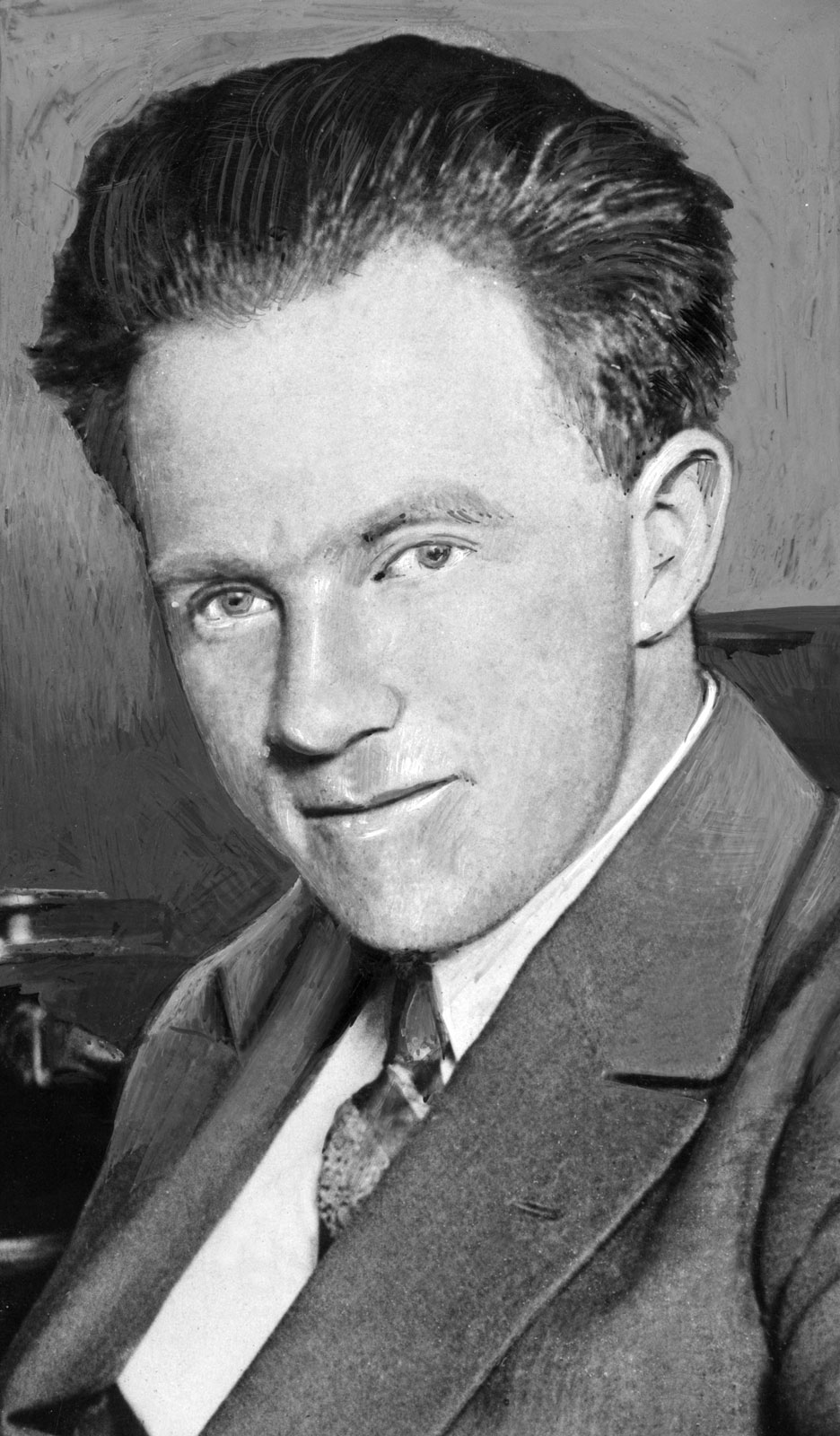Karl Heisenberg was a pivotal figure in the realm of quantum mechanics, known for his groundbreaking contributions that reshaped our understanding of the atomic world. His work not only advanced physics but also laid the foundation for various technological advancements. In this article, we will explore his life, major theories, and the lasting impact he has had on science and society.
Born on December 5, 1901, in Würzburg, Germany, Heisenberg's journey into the world of physics began at a young age. He was influenced by prominent scientists of his time and quickly made a name for himself in the academic community. His most notable achievement, the Uncertainty Principle, revolutionized the field and earned him the Nobel Prize in Physics in 1932. This article will delve into his biographical details, key theories, and the implications of his work.
As we navigate through the various aspects of Heisenberg's legacy, we will also examine the ethical implications of his work and its relationship with modern technology. This comprehensive overview aims to provide readers with an in-depth understanding of Karl Heisenberg's life and the enduring relevance of his contributions to science.
Table of Contents
- Biography of Karl Heisenberg
- Early Life and Education
- Major Theories and Contributions
- The Uncertainty Principle Explained
- Impact on Physics and Technology
- Nobel Prize Recognition
- Ethical Implications of His Work
- Legacy and Continued Influence
Biography of Karl Heisenberg
Karl Heisenberg was born into a family deeply rooted in academia. His father, August Heisenberg, was a professor of classical philology, which undoubtedly influenced Karl's intellectual pursuits. Heisenberg's academic journey began at the University of Munich, where he studied physics under the guidance of renowned physicist Arnold Sommerfeld.
Personal Data and Biodata
| Full Name | Karl Friedrich Heisenberg |
|---|---|
| Date of Birth | December 5, 1901 |
| Place of Birth | Würzburg, Germany |
| Date of Death | February 1, 1976 |
| Nationality | German |
| Field of Study | Physics |
| Awards | Nobel Prize in Physics (1932) |
Early Life and Education
Heisenberg's early exposure to academia shaped his interests and aspirations. His formal education began at the University of Munich, where he initially studied mathematics and physics. Under the mentorship of Sommerfeld, Heisenberg developed a keen interest in quantum theory. His doctoral thesis, completed in 1923, focused on hydrodynamics, but his real passion lay in exploring the quantum world.
Major Theories and Contributions
Throughout his career, Heisenberg made significant contributions to various areas of physics. His work encompassed quantum mechanics, matrix mechanics, and nuclear physics. One of his most notable contributions is the development of the Uncertainty Principle, which fundamentally changed how scientists understand the behavior of particles at the quantum level.
The Uncertainty Principle Explained
The Uncertainty Principle posits that certain pairs of physical properties, like position and momentum, cannot be simultaneously measured with arbitrary precision. This principle challenges classical mechanics and introduces a new paradigm in physics. The implications of this theory extend beyond physics, influencing fields such as philosophy, chemistry, and even psychology.
Impact on Physics and Technology
Heisenberg's contributions have had a profound impact on both theoretical physics and practical technology. The principles he established laid the groundwork for advancements in various fields, including:
- Quantum computing
- Nuclear energy
- Medical imaging technologies
- Semiconductor physics
The Uncertainty Principle has also been instrumental in the development of quantum mechanics, which is essential for understanding atomic and subatomic processes.
Nobel Prize Recognition
In 1932, Heisenberg was awarded the Nobel Prize in Physics for the creation of quantum mechanics. This prestigious recognition not only solidified his status as a leading physicist but also highlighted the importance of his work in shaping modern science.
Ethical Implications of His Work
While Heisenberg's contributions to science are celebrated, they also raise ethical questions, particularly concerning nuclear physics. During World War II, Heisenberg was involved in Germany's nuclear weapon project, leading to debates about the moral responsibilities of scientists. The dual-use nature of scientific research continues to be a pertinent issue today.
Legacy and Continued Influence
Karl Heisenberg's legacy endures through his contributions to science and the ongoing relevance of his theories. His work has inspired generations of physicists and continues to influence research in quantum mechanics and beyond. Heisenberg's life serves as a reminder of the profound impact that scientific inquiry can have on our understanding of the universe.
Conclusion
In conclusion, Karl Heisenberg's life and work represent a remarkable chapter in the history of physics. His groundbreaking theories, particularly the Uncertainty Principle, have reshaped our understanding of the atomic world and continue to influence modern technology. As we reflect on his legacy, it is essential to consider the ethical implications of scientific advancements and the responsibilities that come with them.
We invite you to share your thoughts in the comments below, explore related articles on our site, or engage with the scientific community as we continue to celebrate the legacy of Karl Heisenberg.
Final Thoughts
Thank you for taking the time to learn about the life and legacy of Karl Heisenberg. We hope this article has provided you with valuable insights and inspired you to delve deeper into the fascinating world of quantum mechanics. We look forward to your return for more engaging discussions on scientific topics.
You Might Also Like
What Silver Coins Are Worth Money: A Comprehensive Guide To Valuable CoinsShiloh Jolie-Pitt 2024: A Comprehensive Look At The Life Of Angelina Jolie And Brad Pitt's Daughter
Nelly Ashanti Music Collaboration: A Deep Dive Into Their Dynamic Partnership
Discovering The Life Of Deuce Tatum’s Mother: A Deep Dive Into The Journey Of A Remarkable Woman
Diddy, Beyoncé, And Katt Williams: A Deep Dive Into Their Impact On Entertainment
Article Recommendations


